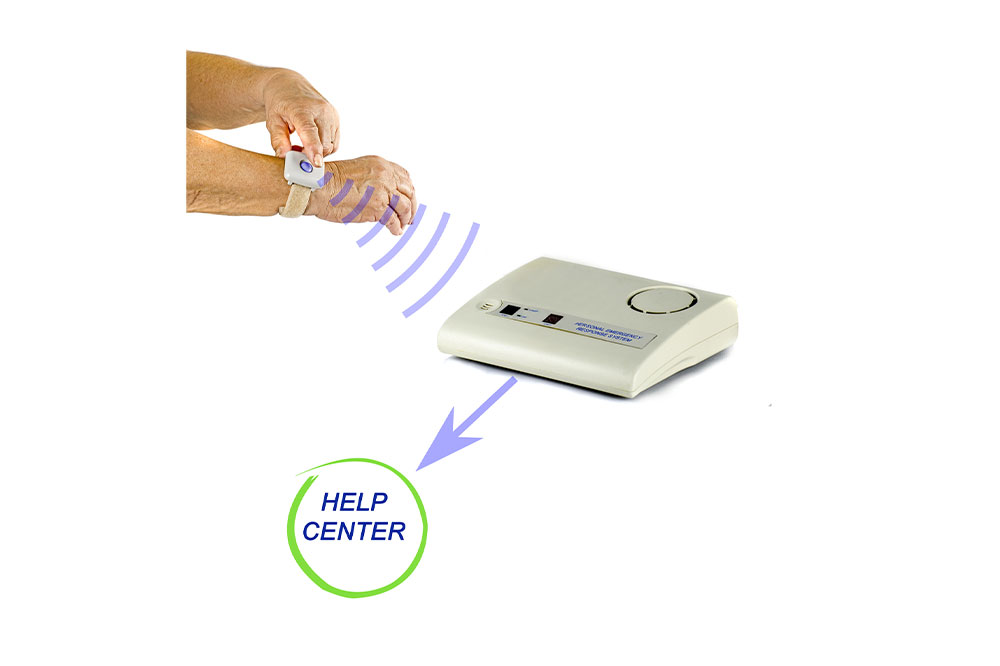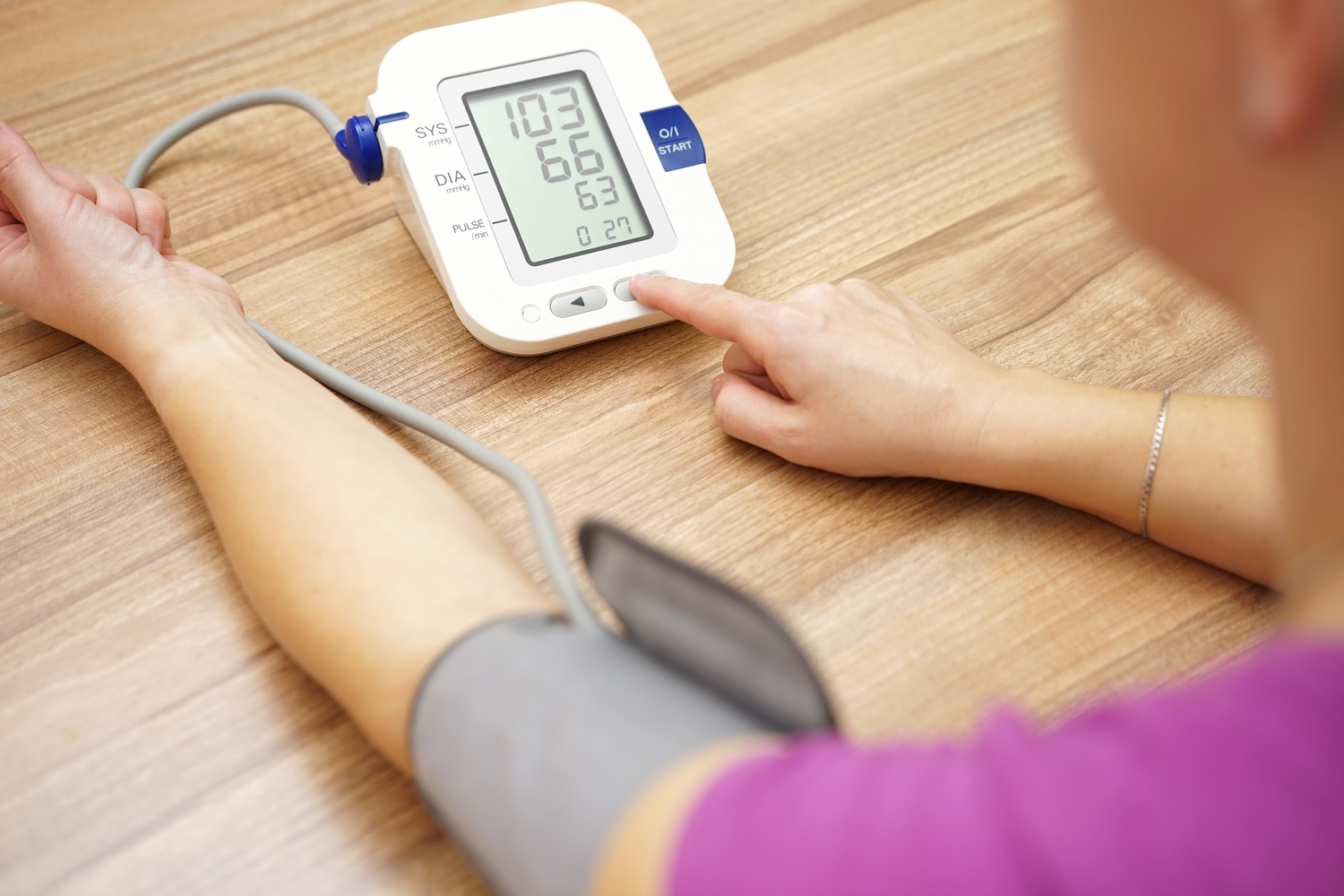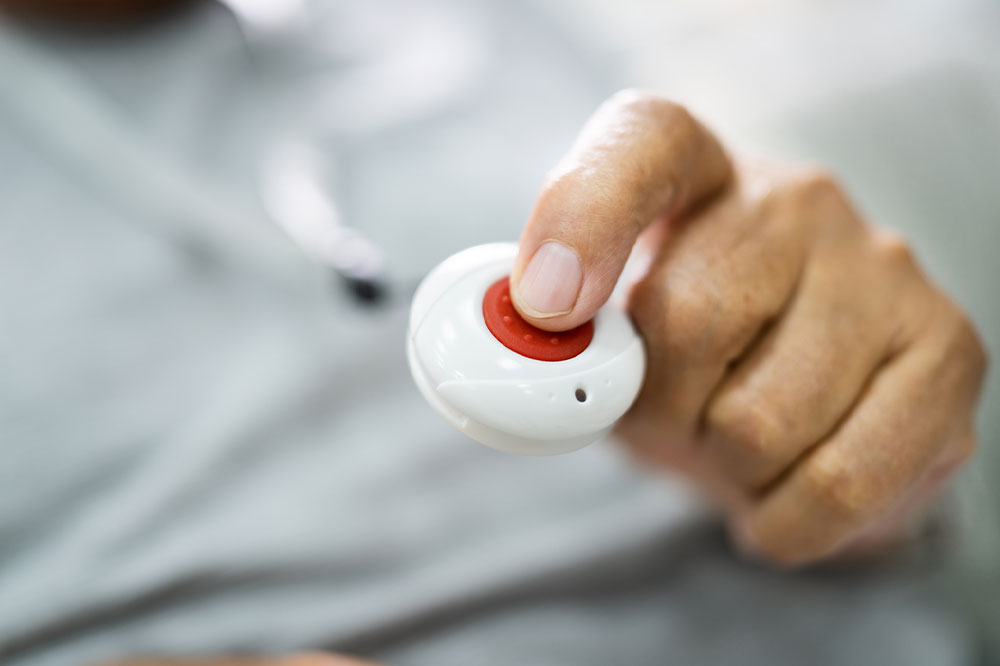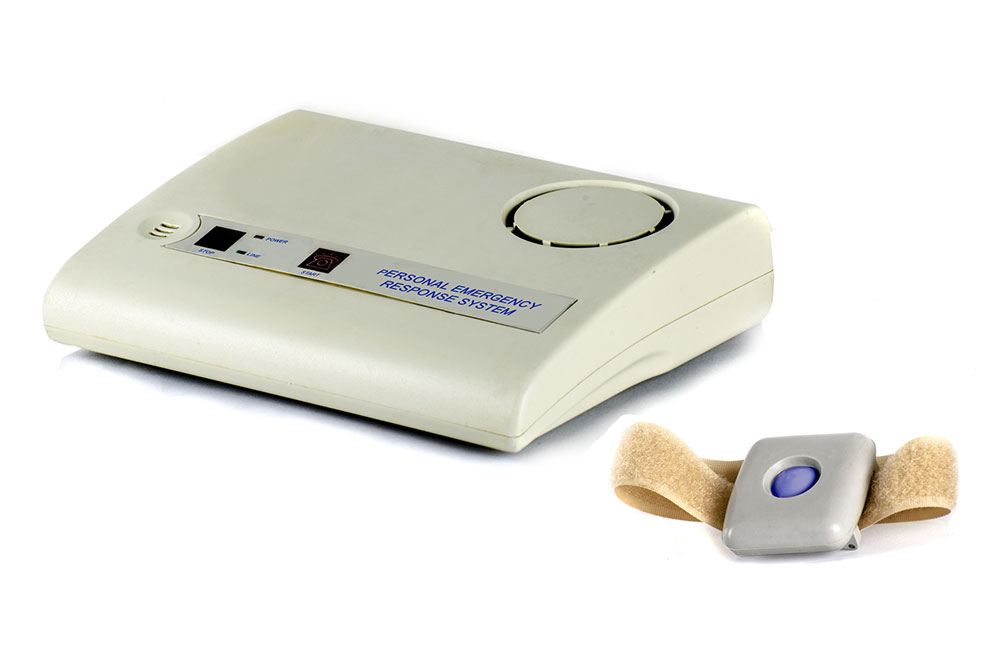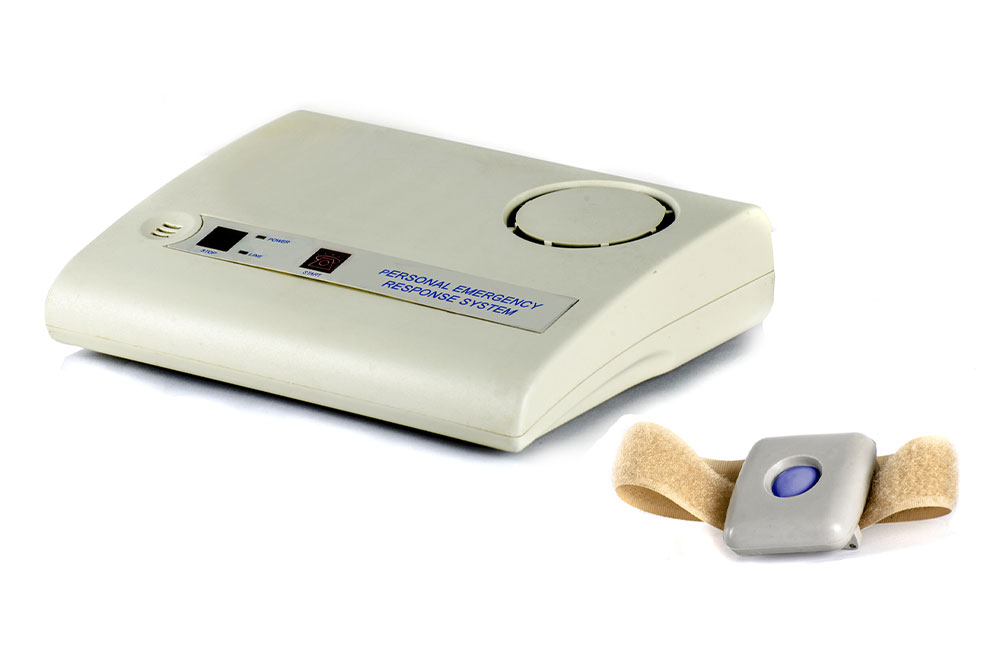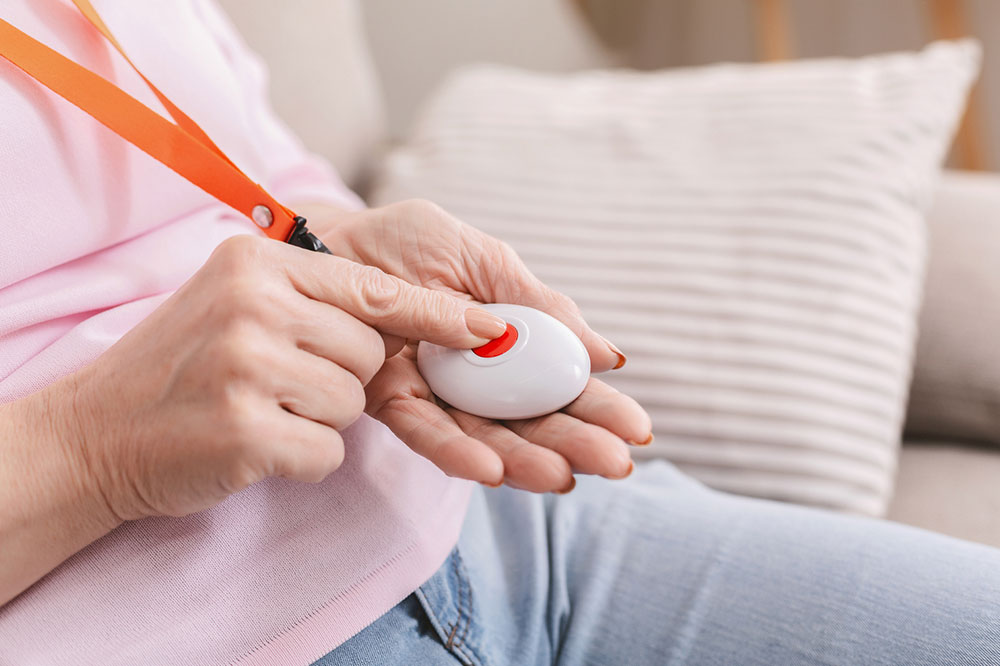Best Senior Medical Alert Devices and Their Key Features
Discover the top medical alert systems tailored for seniors, featuring advanced monitoring technologies and essential safety features. Learn about various brands, device types, and key considerations to choose the best solution for elderly care and peace of mind.
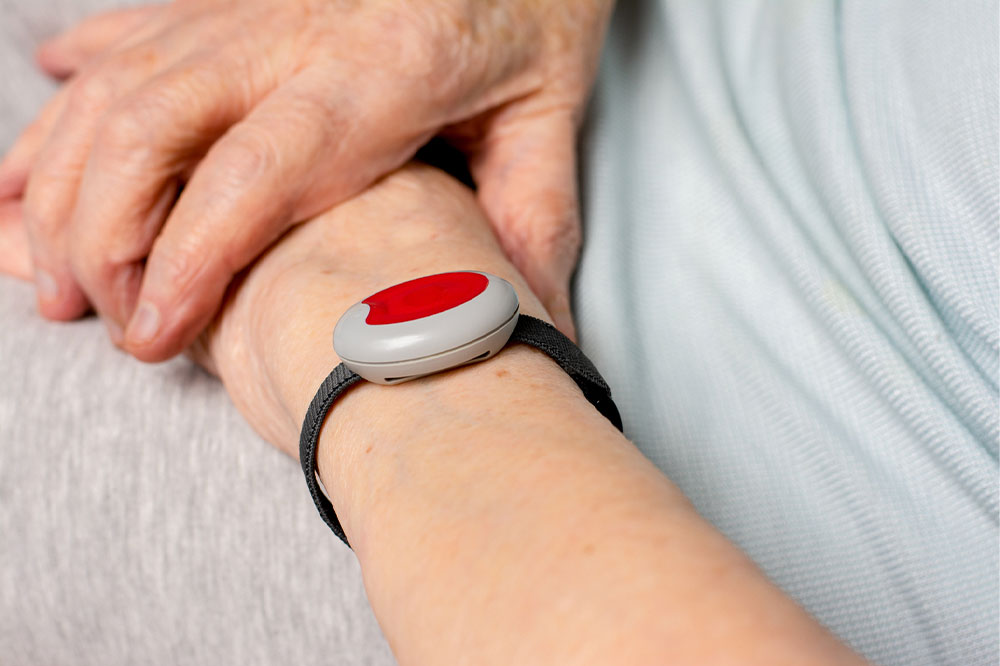
Explore Leading Medical Alert Devices for Seniors and Their Key Attributes
Japan has seen a significant increase in its elderly population, with one in ten individuals aged 80 or older. This demographic shift highlights the importance of reliable medical alert systems to support seniors' safety. Various brands are developing innovative devices tailored to senior needs. Before selecting a system, it's essential to assess individual requirements, budget, and feature options to ensure optimal care.
Top Medical Alert Brands in Japan
Numerous companies are expanding into Japan's growing market, offering diverse solutions designed to cater to different lifestyles and care needs.
Tellus You Care
This American brand is entering Japan and testing its radar-based health monitoring technology. Their device, mounted on the wall, detects vital signs and movement without intruding on daily life. It connects to Wi-Fi or cellular networks, providing real-time updates via a mobile app for caregivers. The effective range covers typical bedroom spaces, monitoring activities like bed entry and exit, and alerting for falls or abnormal movements. Its advanced tech is comparable to autonomous vehicle systems, keeping costs competitive.
Iveda
Known for its IvedaPinPoint wristwatch from B-Lab, this device tracks seniors' movements and pathways, helping caregivers establish safe boundaries. It also detects prolonged immobility, triggering alerts for caretakers or family members, and continuously monitors body temperature, providing vital health information at a glance.
Secom
Secom offers a specialized safety wristband called the My Doctor Watch, designed for seniors requiring assistance. The device tracks steps, calories, detects unusual activity, and sends emergency alerts. They also produce a pendant that seniors can squeeze in case of illness, instantly notifying caregivers or family members for prompt assistance.
Categories of Medical Alert Systems
In-Home Systems: Designed for indoor use, these systems typically cover entire homes and may extend to yards, providing comprehensive safety within the residence.
Mobile Systems: These portable devices operate via cellular networks, suitable for seniors who are frequently outdoors. Accessories include necklaces, watches, or bracelets with emergency buttons that alert caregivers upon activation.
All-in-One Solutions: Combining features of both in-home and mobile systems, these versatile devices ensure safety whether at home or on the move.
Factors to Think About Before Choosing a Medical Alert System
Pricing: Establish a budget, as device prices vary based on functionalities, from basic models to advanced systems with sensors and monitoring features.
Device Type: Select a device suited to lifestyle—mobile options for active seniors or in-home systems for those mostly indoors.
Monitoring Features: Decide if a system with emergency buttons or automatic alerts and caregiver notifications best meets individual needs.
Note: The information provided here is for informational purposes only. It should not replace professional medical advice. Consult licensed healthcare providers for personalized recommendations and treatment plans.

